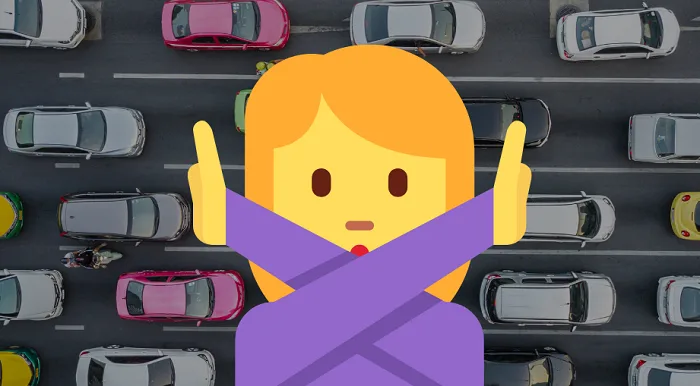
New Arizona neighbourhood will have no driveways, traffic signs, or cars
Are carless communities a sign of the future?
Developers have broken ground on a new neighbourhood in Tempe, Arizona, with the first residents expected to move in by fall 2020.
The suburban community will house about 1,000 residents and contains modern amenities like co-working space and guest suites.
One thing it won't have: Cars, or any infrastructure to support them.
The rental community, which is being built by Culdesac, is marketed as "the first post-car development." Homes will not have driveways and there will be no traffic signs or cars in the area.
The Culdesac neighbourhood is close to a rail system that connects to downtown Phoenix.
"We’ve pulled out the parking lots to make room for acres of greenspace, friendly courtyards, and shops right at your doorstep," reads a statement on the Culdesac website.
"We’re bringing together services like ridesharing, bikes, and scooters, and same-day grocery delivery, so zero private cars means zero hassle. Plus, an on-site light rail stop makes it a breeze to get downtown for work."
The developers are targeting younger generations, many of whom are opting out of owning a vehicle.
“Transportation has changed a lot over the last decade and real estate hasn’t kept up,” Ryan Johnson, the company's co-founder and chief executive, said in an interview with the Wall Street Journal.
FEWER CARS ON THE ROAD WITHIN THE DECADE
The concept community comes at a time of rising carbon emissionsand dwindling car sales -- both of which could be indicative of long-term trends, according to experts.
"In North America, for example, fewer teens are getting driver’s licenses," writes Barry Cross, an assistant professor at Queen's University.
"In 1983, 92 per cent of teens were licensed, while by 2014, that number had dropped to 77 per cent. In Germany, the number of new licences issued to drivers aged 17 to 25 has dropped by 300,000 over the last 10 years."
Reducing the number of cars on the road could help reduce carbon emissions, which are increasing at an "alarming rate," according to data from a recent UN report
Thumbnail image source: Canva.
